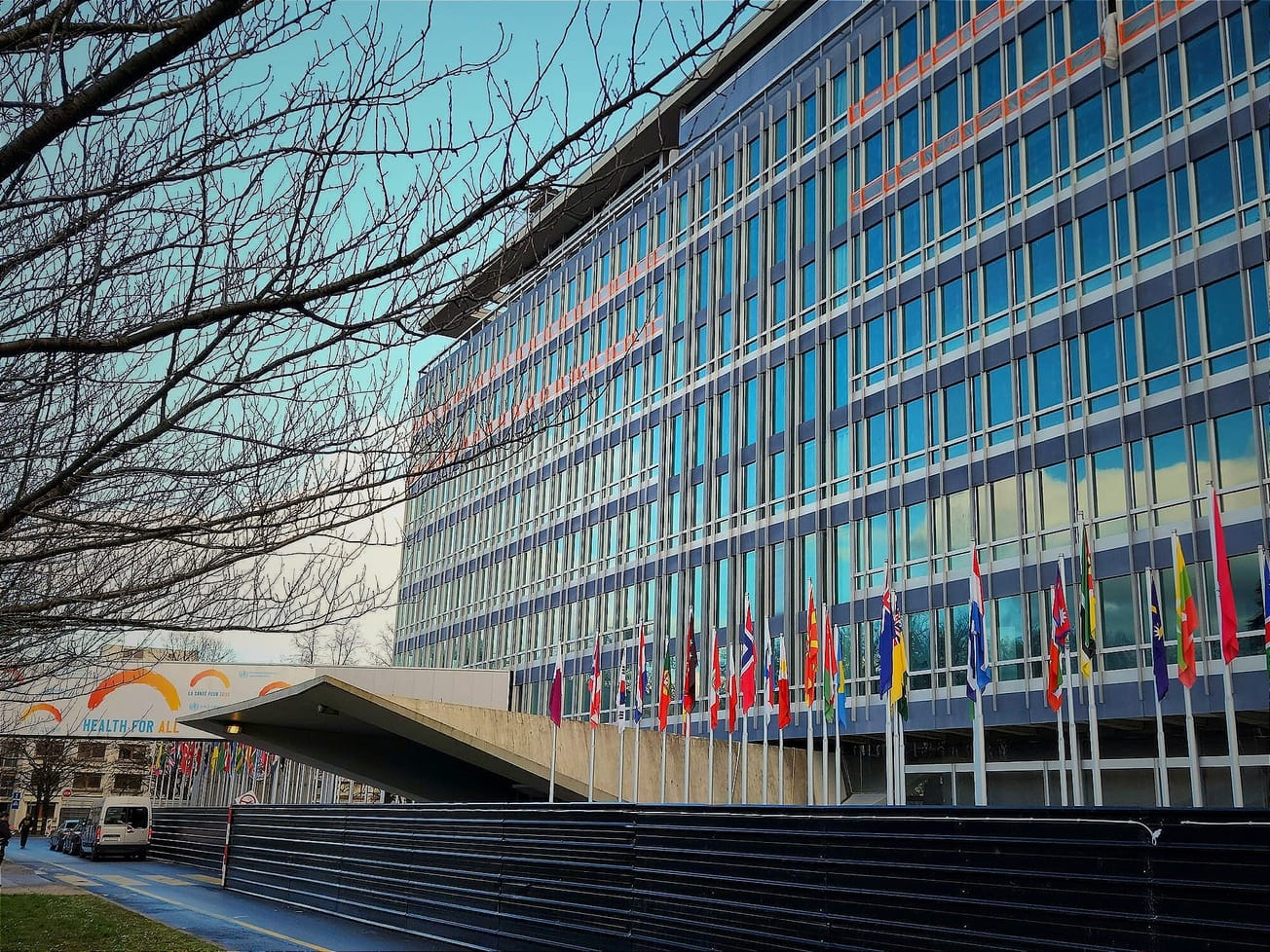The U.N. biodiversity summit arrived at a historic global deal that aims to conserve for wildlife at least 30% of the planet's land, freshwater and ocean resources by 2030, while mobilizing US$200 billion a year to help meet the targets.
Negotiators reached the "30 by 30" deal – which would improve on the 17% of land and 10% of water now protected – early on Monday, just as the almost two-week United Nations Biodiversity Conference, or COP15, was due to end.
The conference in Montréal was presided over by China, whose new draft agreement on Sunday succeeded in patching together earlier divisions at what the organizers dubbed a "sometimes fractious" conference.
The agreement among 196 nations promises to raise US$200 billion a year in public and financing for biodiversity by 2030, roughly double the amount spent for it in 2020, and to provide 15% of that to the countries most in need.
The U.N.-hosted summit originally scheduled for Kunming, China, was held two years later in Canada due to the COVID-19 pandemic. Wildlife and conservation leaders hailed it as the equivalent of committing to a 1.5° Celsius limit for climate.
“We have in our hands a package which I think can guide us all to work together to halt and reverse biodiversity loss,” China's Environment Minister Huang Runqiu told the conference.
The agreement includes 23 targets for 2030 including protecting 30% of Earth, doing away with at least US$500 billion a year in subsidies that harm wildlife and reducing the planet's food waste by half. Among the highlights:
- Reduce to near zero the loss of areas of high biodiversity importance,including ecosystems of high ecological integrity.
- Reduce by half both excess nutrients and the overall risk posed by pesticides and highly hazardous chemicals.
- Prevent the introduction of priority invasive alien species, and reduce by at least half the introduction and establishment of other known or potential invasive alien species, and eradicate or control invasive alien species on islands and other priority sites.
- Require large and transnational companies and financial institutions to monitor, assess, and transparently disclose their risks, dependencies and impacts on biodiversity through their operations, supply and value chains and portfolios.

Ecosystem Biodiversity shows us how human activities and nature impact each other 🌍🌱
— UN Biodiversity (@UNBiodiversity) December 19, 2022
via Jing Zhang pic.twitter.com/q98jABE06K
'An exceptional feat' and 'a win for people and planet'
The agreement notes the landmark 2019 report by the Intergovernmental Science-Policy Platform on Biodiversity and Ecosystem Services, or IPBES, which found human actions are causing Earth's natural life support systems to reach a breaking point, threatening 1 million plant and animal species with extinction.
"An average of around 25% of species in assessed animal and plant groups are threatened, suggesting that around 1 million species already face extinction, many within decades, unless action is taken to reduce the intensity of drivers of biodiversity loss," says the agreement known as the Kunming-Montreal Global Biodiversity Framework.
"Without such action, there will be a further acceleration in the global rate of species extinction, which is already at least tens to hundreds of times higher than it has averaged over the past 10 million years."
Those commitments also line up with the U.N.'s 17 Sustainable Development Goals for 2030, many of which are unlikely to be achieved due to the pandemic, conflicts, and economic setbacks.
“Agreeing a shared global goal that will guide collective and immediate action to halt and reverse nature loss by 2030 is an exceptional feat for those that have been negotiating the Global Biodiversity Framework, and a win for people and planet," said WWF International's director general, Marco Lambertini.
"It sends a clear signal and must be the launch pad for action from governments, business and society to transition towards a nature-positive world, in support of climate action and the Sustainable Development Goals," he said.








